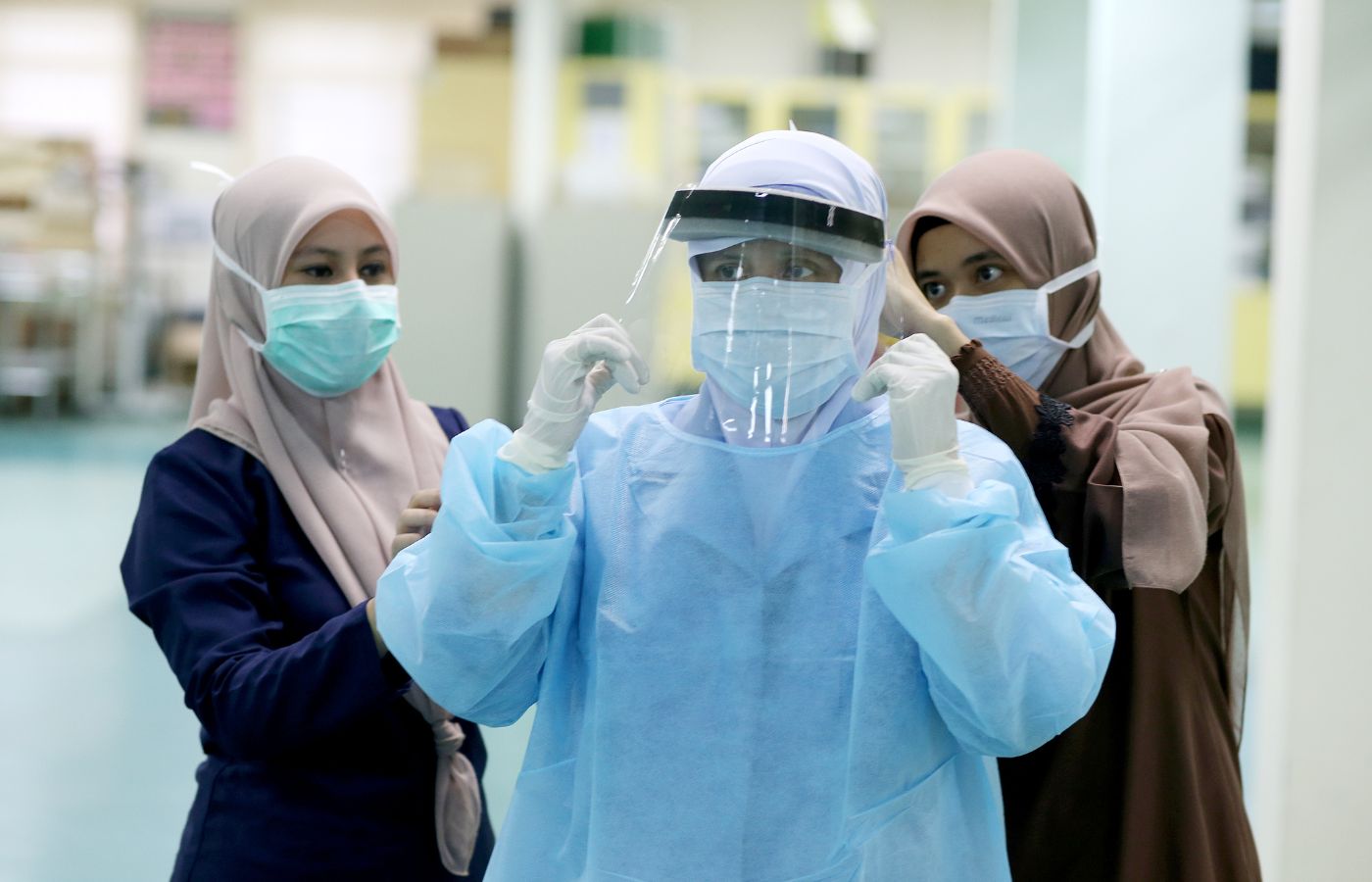
While much of Europe is re-opening and suspending pandemic rules, progress and protection against COVID-19 is far from equal across the globe. Less than 11% of people in low-income countries have received a single vaccine dose, or have the same access to life-saving treatments that may offer stronger protection against new variants. With a new report finding that the COVID-19 death toll is 4 times higher in low-income countries than rich ones, illustrating that this crisis is far from over.
Crossing the finish line will require at least €25 billion, including fully funding ACT-A, in the next six months to provide fair, equitable and global protection against COVID-19. The EU has shown much-needed leadership in multilateral efforts to fight COVID-19, and now it must step up by providing its fair share of the necessary financing to help equip lower-income countries with the capacity to deliver the health interventions their citizens need and build on the ACT-A’s notable achievements to date:
- Since 2020, it has facilitated research and development (R&D), product assessment, and market-shaping of new vaccines, diagnostics, and therapeutics products through multi-billion-dollar catalytic investments.
- As of March 2022, it has delivered more than 1.3 billion vaccine doses, 200 million tests, 27 million steroids and Tocilizumab, and US$ 500 million worth of PPE.
- By January 2022, 82% of the total supply of vaccines to low-income countries were through COVAX, and over 80% of tests performed in more than 20 low-income countries (LICs) were delivered through ACT-A agencies.
- The Health Systems connector has surveyed over 100 countries to identify health system bottlenecks and capacity gaps and mapped the systems requirements for COVID-19 tool delivery in 4 out of the world’s 6 regions.
We therefore call on the European Commission (EC) to take urgent action to contribute an additional €1.25 billion of grant financing in 2022, which is calculated as Europe’s fair share of the estimated €25 billion. Real-world data indicates that the total cost of achieving 70% global COVID-19 vaccine coverage will even require an additional $24.6 billion, if the true costs of last-mile delivery are included.
In order to ensure all of the pillars of ACT-A are fully funded, we’re calling on the EU to:
- Mobilize the necessary financing, fairly distributing their pledges according to the needs. In particular, increase funding to the diagnostics and therapeutics pillar.
- Contribute to COVAX with €120 million for ancillary costs of dose donations (syringes, safety boxes, no-fault compensation insurance, freight) and €400 million for delivery in grant funding.
- Leverage all available unprogrammed funds, in particular the 2022 allocation of the NDICI Emerging Challenges and Priorities Cushion.
- Help address last-mile delivery issues and get vaccines into arms by encouraging vaccine manufacturers to deliver to ACT-Accelerator and AVAT, and provide transparency on supply queues and timelines, to allow for advance planning for vaccine roll-outs.
- Ensure that EU bilateral support to low income countries, supports the strengthening of health systems and helps cover the real costs of equitable vaccine delivery to the last mile (transport, frontline healthcare workers, etc).
- Explore the use of other financing mechanisms that go beyond ODA, including innovative financing mechanisms like the EFSD+.
In order to preserve funds for life-saving support that have shown efficacy over the years, such as direct budget support, the WHO UHC Partnership, and the Global Fund to Fight Aids, TB and Malaria, the EU must look outside of the global challenges budget line to meet its commitments to the ACT-Accelerator. Swift action to end this pandemic is needed – but it should not be at the expense of other health services.



